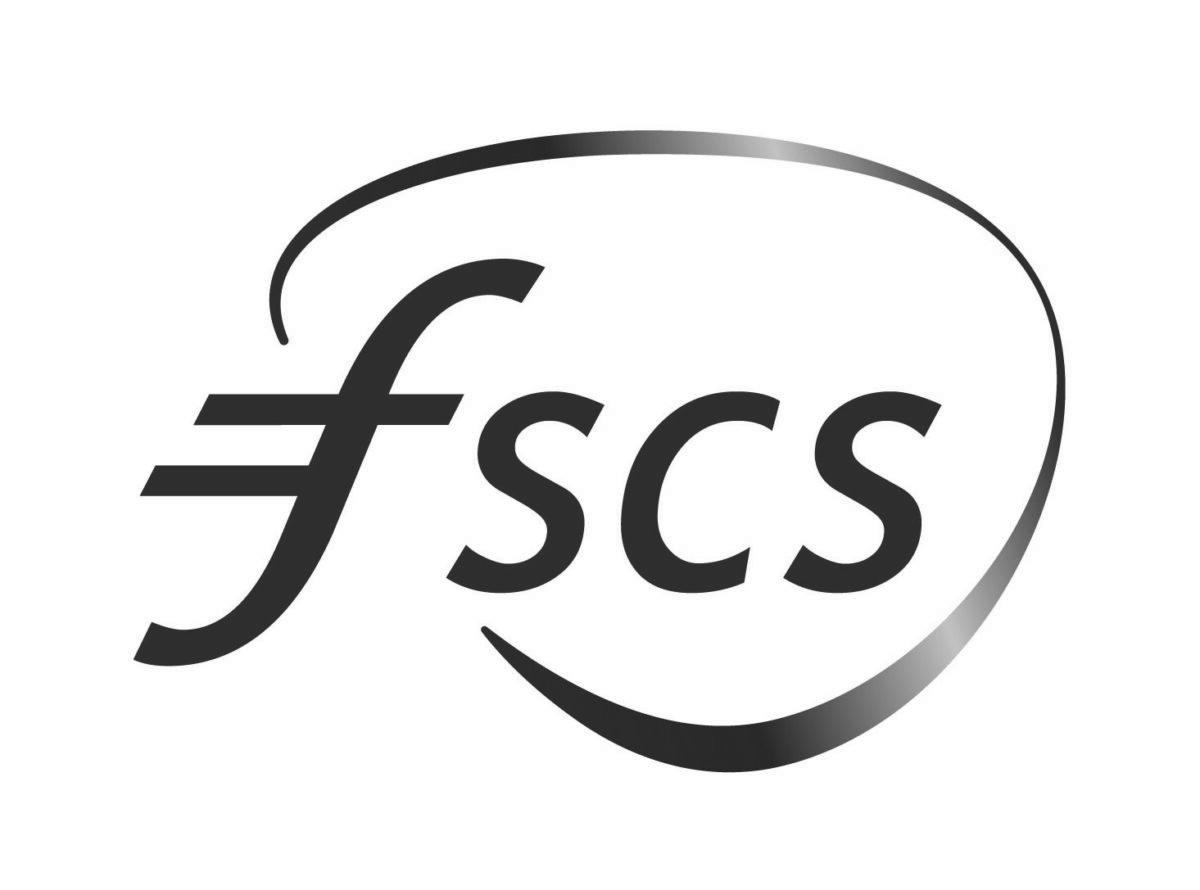If you’ve lost money due to the failure of an FCA regulated financial firm, whether through financial adviser negligence, a pension transfer or investment claim, or even due to failures from a financial broker, insurance company or lender, you may be able to recover your losses through the Financial Services Compensation Scheme (FSCS). The FSCS is a government-backed scheme that protects consumers when financial firms go bust and can’t meet their obligations.
What is the FSCS?
The Financial Services Compensation Scheme (FSCS) is an independent service that protects customers of regulated financial firms. If a company is no longer trading or has been declared in default, the FSCS may step in to compensate consumers for their losses.
When Can You Claim Through the FSCS?
You may be eligible for FSCS compensation if:
- The financial firm you dealt with has gone out of business.
- The firm was regulated by the Financial Conduct Authority (FCA) or Prudential Regulation Authority (PRA).
- You suffered financial loss due to the firm’s failure
.
How Does the FSCS Process Work?
- Check if the Firm Is in Default
- Use the FSCS website to see if the company has been declared in default.
- Submit Your Claim
- Provide evidence of your dealings with the failed firm, including contracts, statements, and proof of payments.
- FSCS Investigation
- The FSCS will assess whether you are eligible for compensation and determine how much you may receive.
- Compensation Payout
- If approved, you will receive a payout within a few months, depending on the complexity of the claim.
Note: If a firm recently went into administration, there is often a delay in it being registered as in default by the FSCS, so don’t be deterred if the firm is not showing on the FSCS ‘firms in default’ list.
What Financial Products Does the FSCS Cover?
The FSCS covers a range of financial products, including:
- Pensions – If a pension provider or financial adviser mis-sold pensions or pension investments and has since failed.
- Investments – If a regulated investment firm collapses after mismanaging funds or unsuitable investments fail following poor financial advice from a regulated financial adviser.
- Financial Advisers & Mortgage Brokers – Negligence from regulated professional adviser resulting in financial losses.
- Credit Providers – Losses resulting from unfair charges or irresponsible lending activities of a failed credit provider.
- Mortgage Providers – Unfair charges and poor practices resulting in financial loss when a mortgage provider goes out of business.
- Banks & Building Societies – Direct losses to clients because of poor practices from a failed bank or building society.
How Much Can You Claim?
The FSCS compensation limits vary depending on the type of claim. For Pensions and Investments, you can claim up to £85,000 per person, per firm.
FSCS vs. FOS: What’s the Difference?
While both the FSCS and Financial Ombudsman Service (FOS) help consumers, they serve different purposes:
- The FOS resolves complaints about financial firms that are still operating.
- The FSCS compensates consumers when a financial firm has collapsed.
They also have different criteria when assessing losses, so if you have a claim upheld with FOS, it doesn’t necessarily mean that if the firm goes out of business before paying you financial redress, that the FSCS will pay you compensation.
Note: Where a situation involves multiple parties, some trading, some not trading, it may be necessary to file complaints with FOS whilst also filing claims with the FSCS. This is to avoid your claim becoming time barred. Read about time barring here
This can add a layer of complication to proceedings as all parties need to be kept informed on the progress of each other’s claims to avoid a situation where you could end up getting paid redress and compensation to a value higher than your actual claim.
For example, if FSCS awarded you £85,000 (their maximum payout) whilst you have a complaint being processed by the FOS, the FSCS will want to put a charge against your FOS claims. If the FOS then awarded you £135,000 from your pension provider, your pension provider would be required to pay the FSCS £85,000 from the £135,000.
The good news is that when you use a regulated solicitor like us, we are able to handle all the fund distribution via our client account, so you don’t need to worry about creating a potential debt.
Get Expert Help with Your Claim
Navigating FSCS claims can be complex, especially for claims involving pensions, investments and financial advisers. At Claim My Loss, our experienced legal team can assess your case and handle the claim on your behalf.
Book your free 30-minute consultation today and let us help you recover what you’re owed.








